Swindenland
TNPer
- TNP Nation
- Swindenland
The Republic of Swindenland
Respubliko Svidenlando


Flag and Coat of Arms
Respubliko Svidenlando


Flag and Coat of Arms
The Republic of Swindenland (frequently abbreivated as SWL) is a parliamentary republic located on the eastern coast of Auroria. It is an ethnically mixed nation founded by atheists seeking freedom from religion and united by the auxillary language Novanto (based on real-life esperanto).
Basic data
Population: 40 089 742
Land area: 442 788 km²
Population density: 91 people/km²
Capital city: Astoria
Active military personell: 85 000
Currency: Spesmilo ₷
GDP/Capita (Nominal): 20 528 $
Human Development Index: High 0.901
Domain: .s
History
The island of Swindenland was largely unpopulated throughout history. Amid widespread discrimination against irreligious people the early Eran freethought movement sought to establish a state with freedom from religion and encouraged mass immigration to Swindenland. The most adamant newcomers wanted Swindenland to become a To account for the high linguistic diversity of newcomers an auxillary language was created named Novanto, which is a mixture of several Eran languages and designed to be easy to learn. By 1952, once a sizable population and economy were established, a constitution was writen and ratified by the five largest cities on the island Astoria, Vinterhorloĝo, Belano, Esperia and Korvmontoburgo. The constitution was since then amended many times, but its core of secular (humanist), parliamentary, egalitarian and liberal values has remained unchanged.
In spite of high sociopolitical stability, the Swind economy has been growing at a slow, albeit fairly constant, rate, which has also resulted in ever diminishing immigration rates and an alcoholism crisis.
Geography
The island of Swindenland is seperated from the rest of Auroria by the Strait of Good Hope. The island lies on the junction of the Aurorian and Eastern Polar plates which causes common earthquakes, vulcanic activity and geothermally active areas. The west is characterised by the Swind Alps mountain range, the east by the vulcanic Palakrespians and the south by smaller hills named Drakholmoj (literally dragon hills). The two ranges are split by the river Piaro.
The southern coast of Swindenland experiences a temperate oceanic climate that transitions into an alpine climate in the mountain ranges. The northern coast has a cold oceanic climate.
The population is very urbanised and concentrated at the coasts, hence most of the country is forested. A smaller portion of the Swind Alps is covered with glass and glaciers. Because of unfavourable topography, earthquakes and forestation some areas are very sparsely populated.
Swindenland is composed of the following five states with their capitals; Horizontania (Astoria), Korvia (Korvmontoburgo), Styrland (Vinterhorloĝo), Cascadia (Belano) and Chielvidia (Esperia).

Politics
Swindenland is a direct democratic and demarchic parliamentary directorial federal republic.
Legislative power is vested in the Swind Parliament, which is made of periodically randomly selected citizens. The Senate is the collective executive cabinet, which is nominated by Swind states, confirmed and responsible to the Federal Parliament (which can remove it with a motion of no-confidence). The Swind constitution recommends a diverse composition of the Senate.
Referendums are very common and laws may be called to propose or veto legislation.
The capital and largest city is Astoria. The Swind constitution protects extensive universal rights.
Swindenland has a minimal voluntary military focused on naval and aerial self-defence - every willing and healthy adult also receives a weapon and self-defence training.
| Name | Image | Information |
| Koralo Piĉaj | 
| Senator for Foreign Affairs (SDS), M.Sc degree in international diplomacy from University of Astoria. A former diplomat to Syrixia from Astoria. |
| Karlo Vespenaŭro | 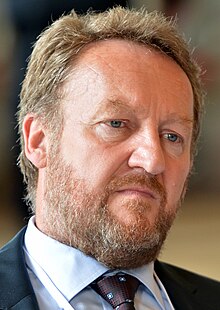
| Senator for Finance (LDS), M.Sc degree in finance from University of Astoria. Former co-director of the Aglobanko credit union, from Vinterĥorloĝo. |
| Dr. Kajino Kirĥenaŭro | 
| Senator for Home Affairs (ND), PhD. in law from University of Belano, specialised in commerical law. A justice from Nordkraĵo. |
| Dr. Koĉjo Kagamo | 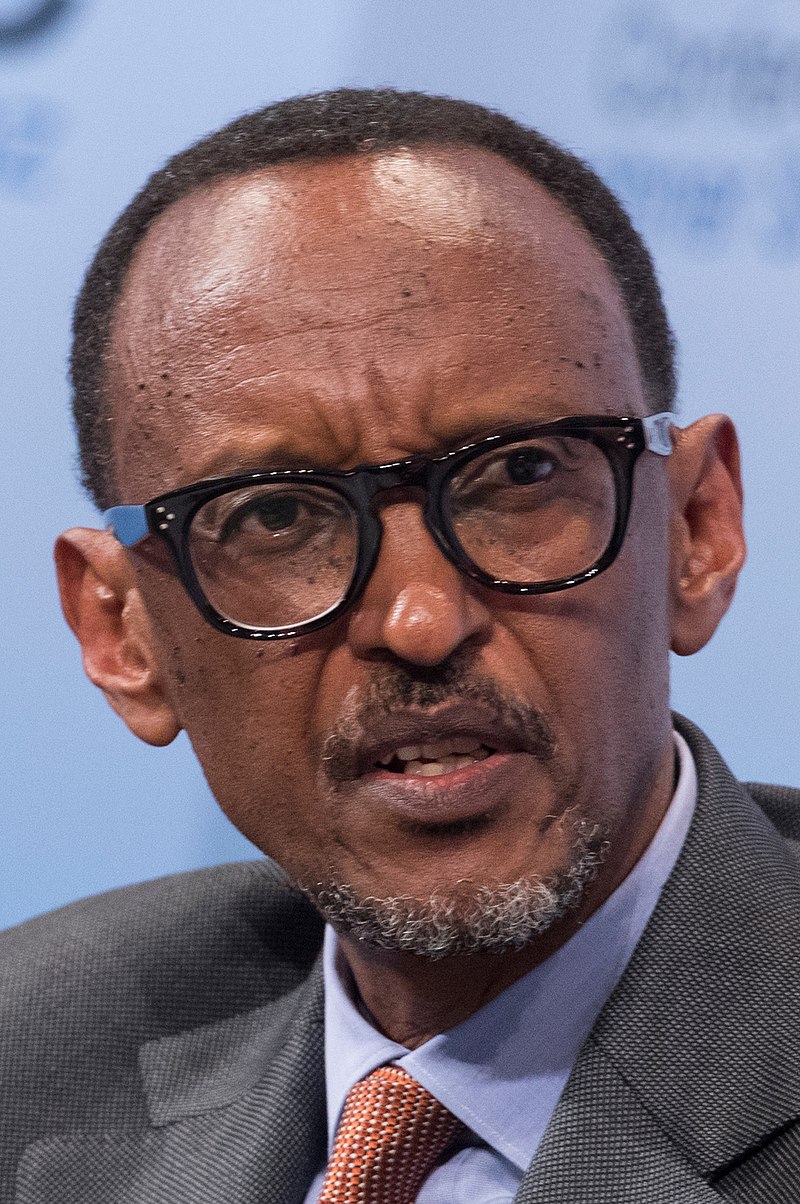
| Senator for Defence, Civil Protection and Emergency services (SDS), PhD. in law from University of Belano, specialised in military law. A justice from Nova Horizonto. |
| Heleno Fridriksono | 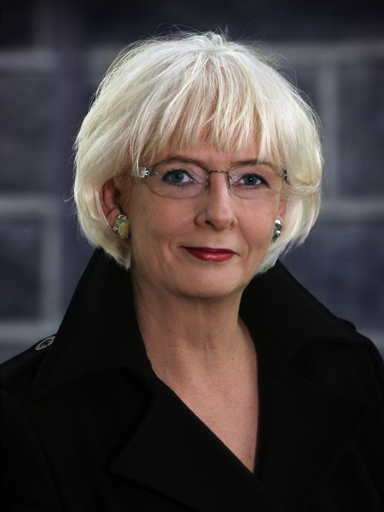
| Senator for Environment, Transport, Energy and Communications (A), B.Sc in computer science and engineering from HIT Astoria. An long-time activist from Astoria. |
| Dr. Dr. Marto Poliakofo | 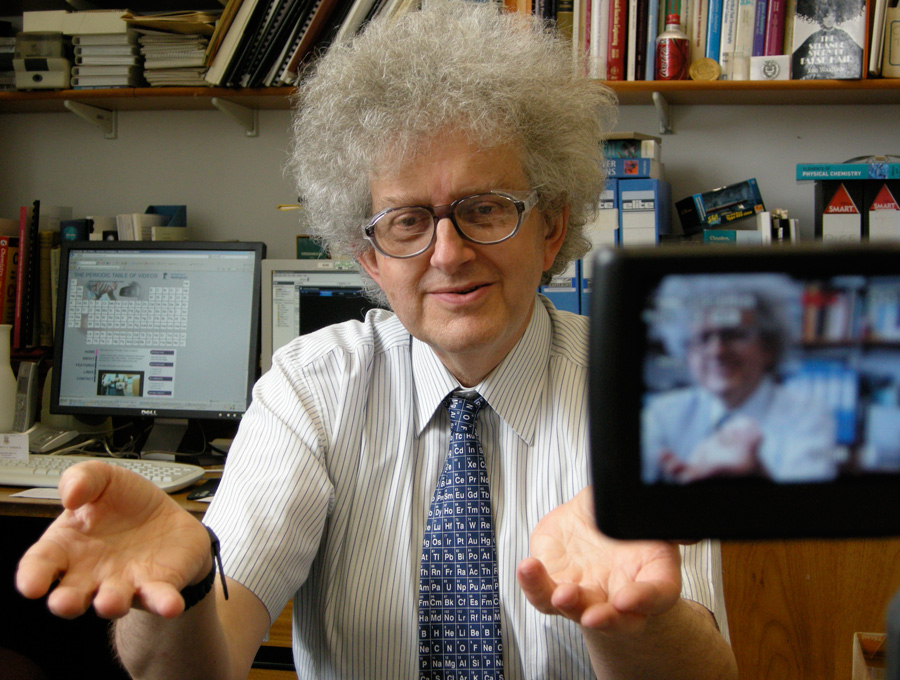
| Senator for Economic Affairs, Education and Research (independent), PhD in computational chemistry from HIT Astoria and PhD in chemical engineering and management. Professor on HIT and Uni Hateno, from Hateno. |
| Party name | Ideology | Logo |
| Komunista partio de Svindenlando (KPS) | communism, democratic socialism | 
|
| Socialdemokratoj de Svindenlando (SDS) | social democracy, cooperativism | 
|
| La alianco (A) | environmentalism, pirate politics, left-libertarianism, minority rights | 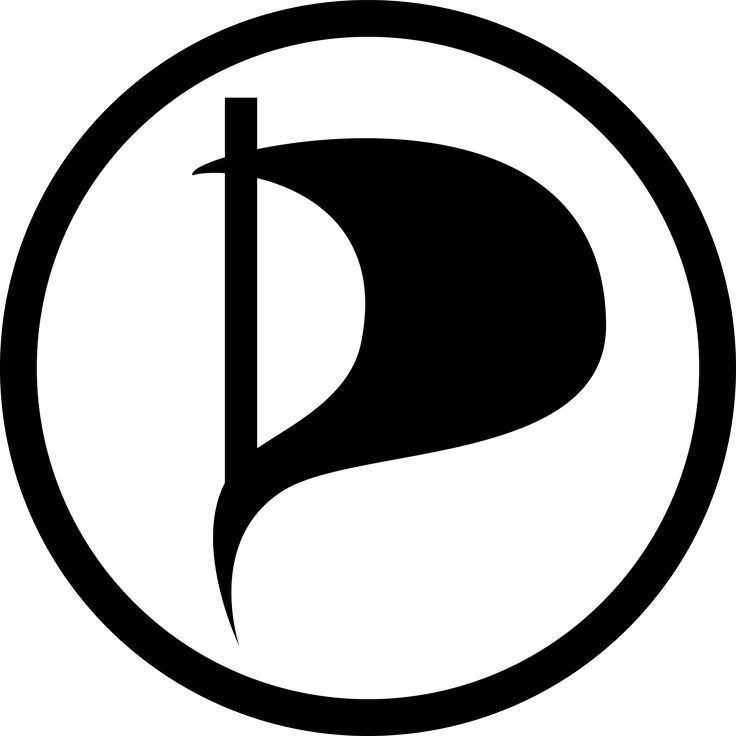
|
| Liberala demokratoj de Svindenlando (LDS) | classical liberalism, libertarianism | 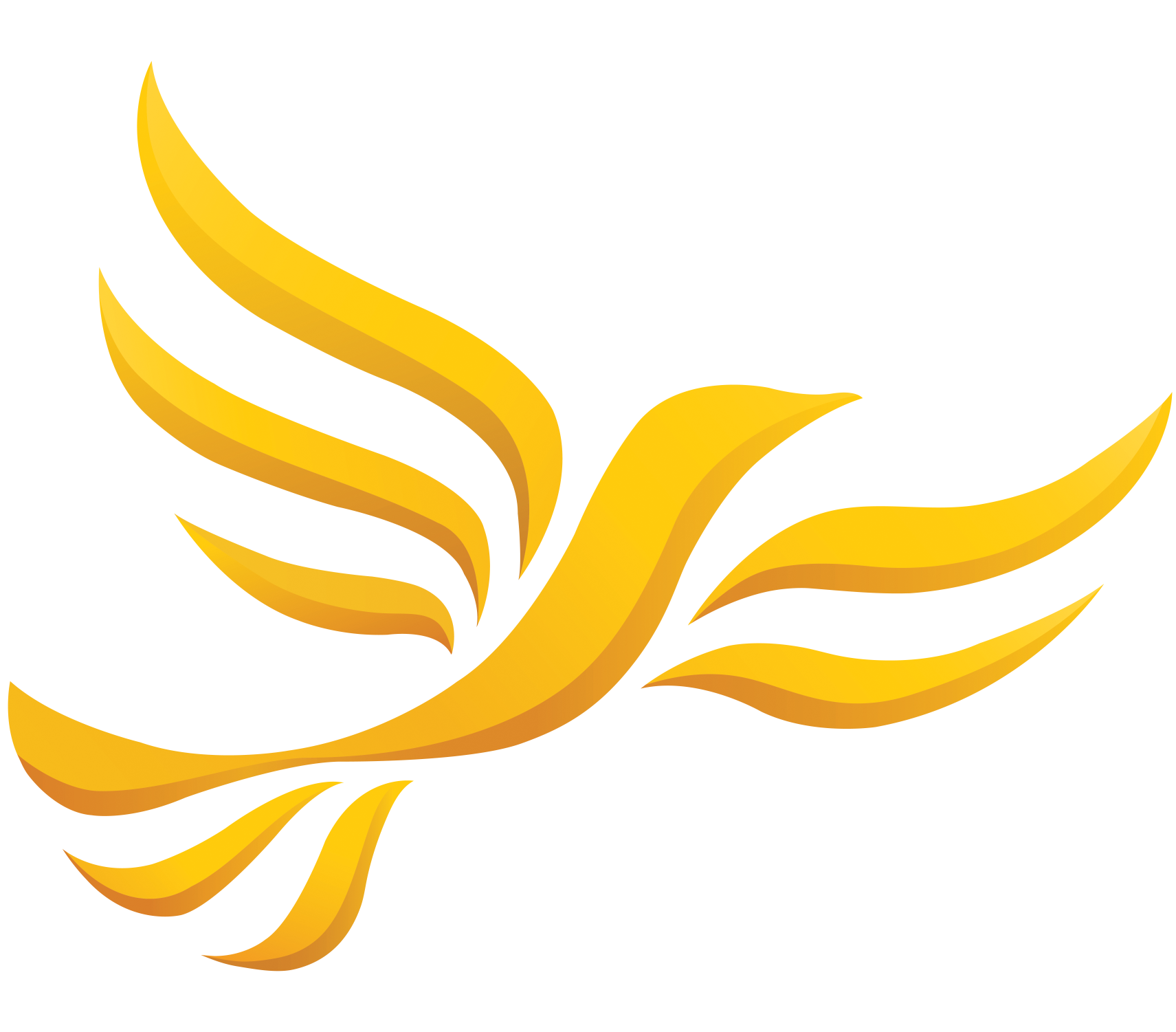
|
| Nacia demokratoj (ND) | Swind nationalism, anti-religion | 
|
| Ni estas familio (F) | rights for religious people, moderate conservatism | 
|

Swindenland has no centralised constitutional or highest appeal court - for each federal judicial issue, all five highest state courts issue their verdict and three highest states' courts are needed for a verdict to pass. The legal system is largely codified, but there are special judges or lawyers, instead each court has justices (these are legal professionals which have passed the law examination of their state), which are then randomly assigned the role of jury, presiding officer, defence and prosecution. The jury, which is made of at least three of these justices that have not already been assigned to prosecution or defence, then gives a professional verdict.
Demographics
The overwhelming majority is atheist (63%) and agnostic (34%) and the republic is fiercely secular with a very diverse racial and ethnic composition united under the Novanto language. Introversion is cherished. The iconic national architecture is inspired by neoclassical and neomodern architecture. The plurality of Swinds are of Gothic, Epiphani and Santorian origins. The cuisine is a melting pot of many cultures, but without their religious or spiritual elements. Whaling is still
The national holiday is on the 1st of August. All solstices and equinoxes are holidays. December 21st, known as the Winter holiday, is the secular and scientific equivalent of Christmas. Education is highly valued.
Swindenland is facing a major alcoholism crisis.
Economics
Swindenland has a mixed market economy. The economy is lead by export-oriented chemical processing, pharmaceutical, electronic, appliance, steel, machninery, food processing and IT industries. The primary sector is comprised primarily of forestry, fishing, agriculture, metal mining (particularly lithium, iron, uranium and boxite) and drug horticulture (all naturally occuring drugs are legal, but heavily taxed). Cooperatives are especially strong in the retail, fishing and housing sectors. Higher education and healthcare are free for all. The healthcare system has been criticised for having long waiting times and poor quality outside of state capitals. Information freedom ensures internet neutrality and less restrictive copyright management - some companies, servers and open-source projects licence their products under more permissive Swind law. Spesmilo is the Swind national currency, it is a decimal currency and thus has no subunits. The Swind Central bank has been following the practice of minimising inflation with high interest rates and has been criticised multiple times for damping economic growth and risking deflation.
Taxes are primarily collected with a progressive income, land value and pigouvian taxes. Corporate tax rates are managed by each state.
Swindenland is a nuclear nation that has switched entirely to liquid fluoride thorium reactors. Nuclear power accounts for almost all power produced, the rest is accounted for with geothermal and hydroelectric plants and rubbish incineration, which Swindenland also imports from the region.
Pipistrellus (aircraft, light aviation, rotorcraft and telecommunications equipment designer and manufacturer)
Amdo (Computer processor, microprocessor, solid state-electronics and budget graphics processors designer and manufacturer)
Styr (Heavy equipment, engine, tractor, train and heavy construction equipment manufacturer)
Aglobanko (International credit union and cooperative private and corporate investment bank)
Touché (Pharmaceutical, recreational drug, medical equipment producer, biotechnology research and supplier of pesticides in Auroria)
Noko (Telecommunications, consumer electronics and durability-focused mobile phone desginer and manufacturer)
Midomo (Aurorian housing and restaurant cooperative federation focused on providing affordable housing to all)
Canonic (Server and software company, co-makers of Esperuntu LinOS)
Amdo (Computer processor, microprocessor, solid state-electronics and budget graphics processors designer and manufacturer)
Styr (Heavy equipment, engine, tractor, train and heavy construction equipment manufacturer)
Aglobanko (International credit union and cooperative private and corporate investment bank)
Touché (Pharmaceutical, recreational drug, medical equipment producer, biotechnology research and supplier of pesticides in Auroria)
Noko (Telecommunications, consumer electronics and durability-focused mobile phone desginer and manufacturer)
Midomo (Aurorian housing and restaurant cooperative federation focused on providing affordable housing to all)
Canonic (Server and software company, co-makers of Esperuntu LinOS)
Fun facts
The country uses decimal time alongside the standard duodecimal system. Rampant alcoholism is the nation's biggest problem. Citizens are encouraged to own firearms. The highest peak of the nation is Mt. Toresto with 3082m in the Palakrespians. To withstand strong earthquakes buildings must be earthquake resilient - that's why construction in Swindeland is so expensive and why there are no tall skyscrapers.

References
-Swindenland (Eras Factbook), April 2021, accessesible here.
Last edited:

